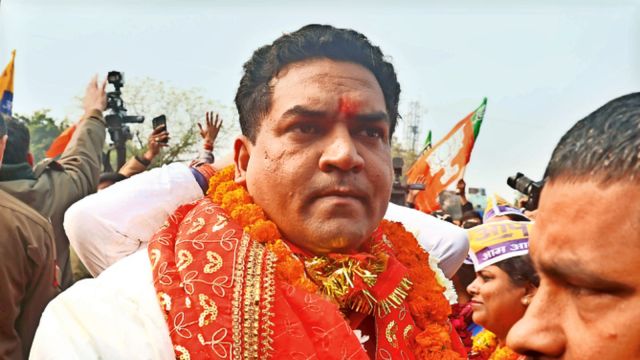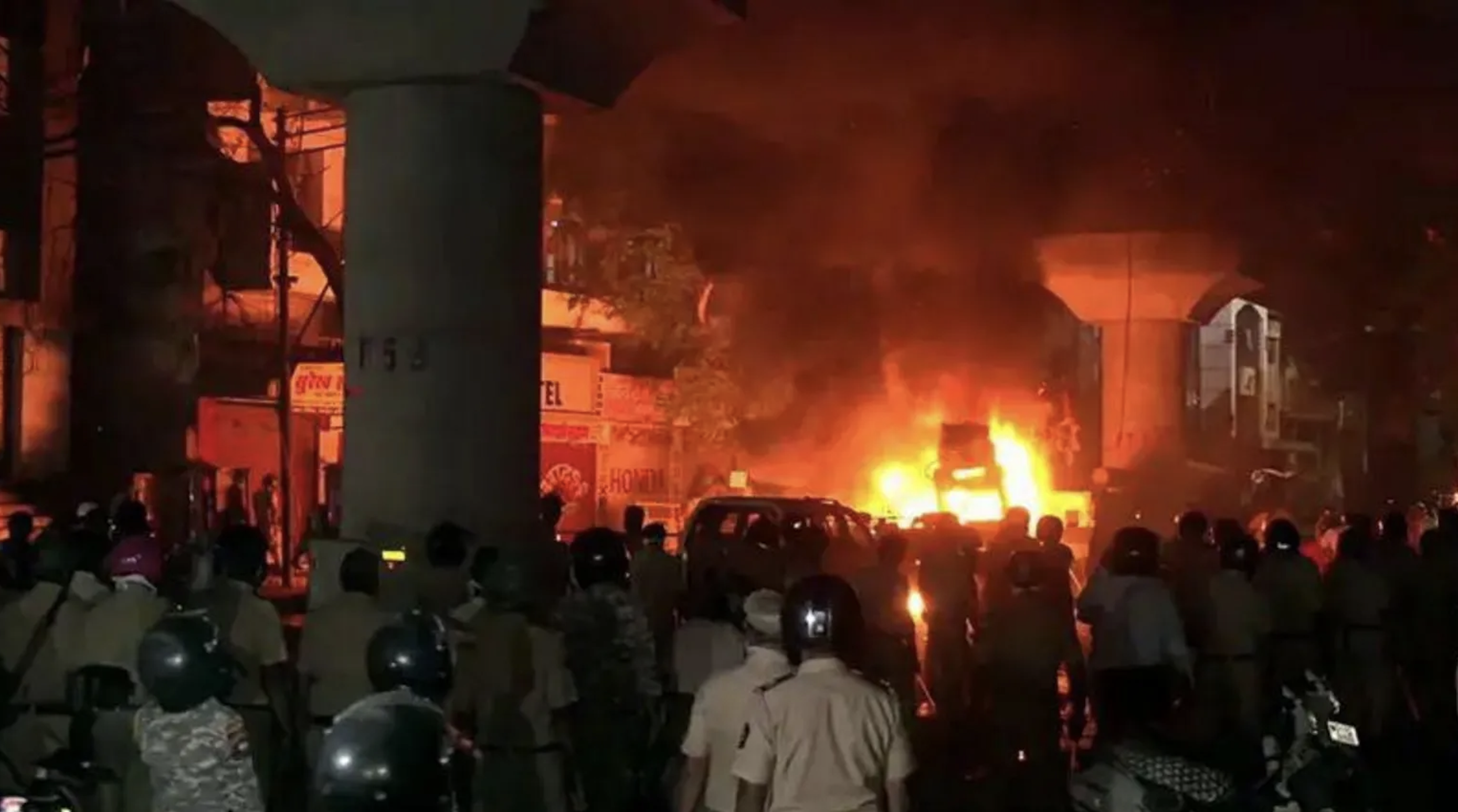
New Delhi: The Karnataka high court on Monday, August 17, observed that the presence of policemen in uniform, carrying firearms, while interrogating children in connection with a sedition case for an anti-CAA (Citizenship Amendment Act) theatre play staged at Shaheen Education Society in Bidar last year is in violation of Juvenile Justice Act, 2015 and the rights of children, LiveLaw.in has reported.
The court made these observations while hearing a petition moved by lawyer Nayana Jyothi Jhawar and South India Cell for Human Rights Education and Monitoring. The petitioners claimed that 85 students as young as nine years were made to sit through a police interrogation, affecting the psychology of children.
A division bench of Chief Justice Abhay Oka and Justice N.S. Sanjay Gowda, hearing the matter, sought an affidavit from “a very senior [police] officer stating on record what action has been initiated against the police officers who interrogated school children, while wearing uniform and carrying firearms”. Besides an action taken report, the court also sought as to what guidelines have been issued by the Karnataka government to the police that such scenarios do not recur, violating the rights of children.
While stating that prima facie, the incident is a serious case of violation of rights of children and provisions of 86 (5) of JJ Act 2016, the court asked, “Why children are subjected to all this? This has to be corrected, this can’t go on like this.”
“If we condone this action, this will be repeated. We cannot condone such action at all,” the judges added.
In January 2020, students belonging to Class IV, V and VI of a school run by Shaheen Education Society in Bidar staged a play criticising the Citizenship Amendment Act and National Register of Citizens (NRC). Based on activist Nilesh Rakshala’s complaint, who accused school authorities of sedition and performing “anti-national activities” and “spreading negative opinions” about parliament laws, a complaint was filed at Bidar New Town police station. A case was registered under Sections 124A and 504 of the Indian Penal Code (IPC) against Shaheen School and its management on January 26. The police then arrested the headmistress of the school and a parent of a child, who were released later on bail.
According to petitioners, children who were part of the play were questioned in absence of their parents’, teachers’ presence, while video-recording the interrogation without their consent. This, the petitioners said, is a blatant violation of the Juvenile Justice Act, 2015 and Rules 2016 as well as Criminal Procedure Code 1973 and most significantly Article 21 of the Indian constitution (right to life).
The petitioners sought the court to direct relevant authorities to issue guidelines with respect to the examination of minors in criminal proceedings according to the Guidelines on Justice in Matters Involving Child Victims and Witness of Crime, issued by the United Nations in 2005. They also sought compensation to be paid to guardians of children who were “illegally examined”.
The petitioners submitted to the court that the entire episode of interrogation was captured on CCTV cameras installed in school premises and can also be confirmed from various media reports.
Upon hearing the petitioners’ plea, the judges said, “The police officer interacting with children shall be as far as possible in plain clothes and not in uniform, and for dealing with girl child, a woman police personnel shall be engaged.”
The court has finally directed the inspector general of police to nominate a senior officer to file an affidavit in two weeks’ time. The hearing of the matter is scheduled for September 3.
This story first appeared on thewire.in






